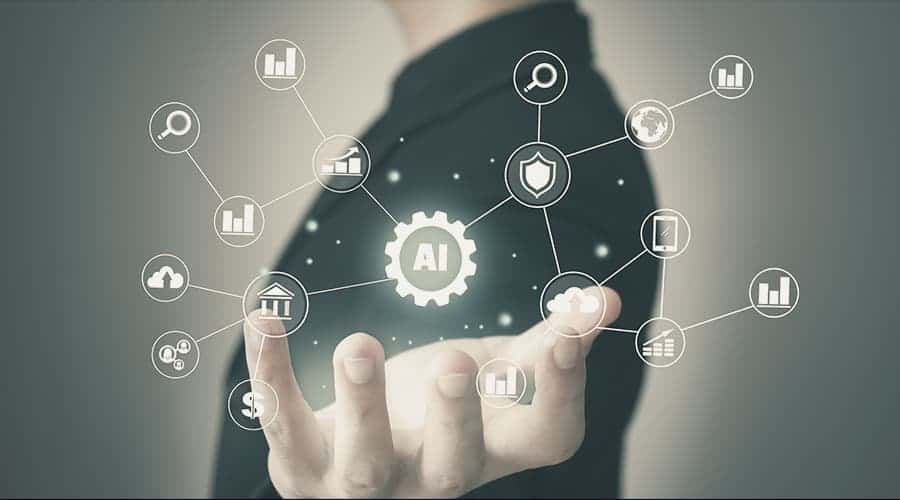Artificial intelligence is radically changing the software creation process, making the work of programmers more efficient and allowing ordinary users to perform more tasks.
The Impact of AI in Software Production
Industry experts and investors, such as Paul Kedrosky and Eric Norlin, believe that current generations of AI models are poised to revolutionize the world of software production. Thanks to their extraordinary capabilities, these technologies are able to create, fix and accelerate the production of software quickly and at almost no cost.
ChatGPT And Its Role in Change
OpenAI recently released pilot versions of plugins for ChatGPT that allow AI to interact with other services and data on the internet. This step brings ChatGPT closer to becoming an intelligent agent capable of performing tasks for users and turning into a platform that other companies can build on.
New Programming Methods With ChatGPT
To create a ChatGPT plugin, simply “train the model” by providing a description in English of the API (Application Programming Interface) of the service you want to use. ChatGPT reads the information and does the rest of the work, greatly simplifying the programming process.
Software Evolution And Abstraction
The history of software is characterized by a progressive increase in the “levels of abstraction” that hide the complexity of binary logic behind generalizations that are increasingly accessible to the user. AIs based on large language models, such as ChatGPT, can receive instructions directly from non-programmers or programmers using human speech synthesis. The results obtained are much more advanced than expected.
The Future of Programmers in The Age of AI
Despite the potential of ChatGPT and its competitors, programmers will not be replaced entirely. AI works better as a “copilot” for developers than as an independent creator. People with a deep understanding of programming will still be needed to invent new systems, solve problems that AI can’t address, and to drive (and limit) ChatGPT and its successors. However, there may be less demand for the routine work of integrating existing software systems, which forms a significant part of developers’ work today.
This article is originally published on matricedigitale.it


